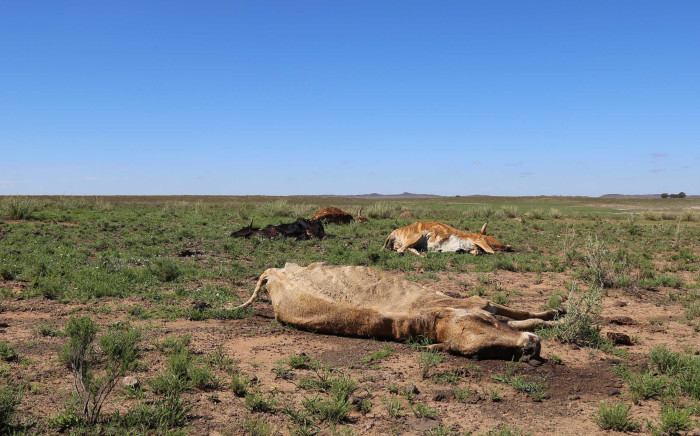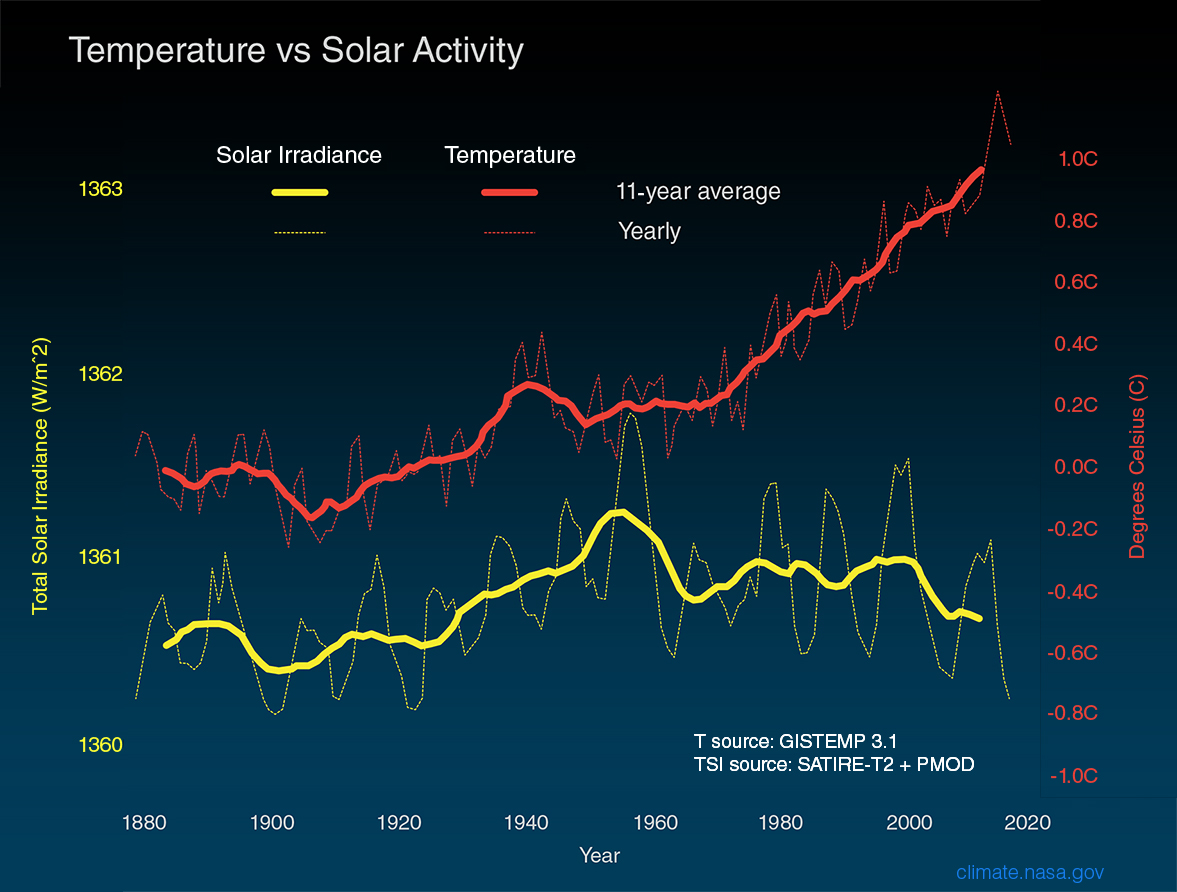The Withering of Southern Africa
Google Doc Link, for better image quality: Link
Southern Africa is suffering through its severest drought in several decades and perhaps even a century.
Climate change is widely recognized in most countries and is considered a serious threat due to the fact that it will have far-reaching consequences globally for many years to come. There cannot be a better example of the horrible effects climate change will have on the future than what is currently happening to the climate of southern Africa. As early as October of 2018, horrible droughts and rising temperatures in the South of Africa have led to devastating consequences for the people and animals living there.

https://www.reuters.com/article/us-safrica-drought-dayzero/south-africa-declares-drought-a-national-disaster-idUSKBN1FX1BI
A large drought, which has become known as the Southern Africa Drought, began in late October of 2018 and is currently one of the worst droughts to have ever been experienced there in the past three decades. This drought has occurred for over a year longer than the Australian bushfires, yet isn’t receiving nearly as much attention, especially from the media. Southern Africa is especially vulnerable to climate change and as a region has historically been susceptible to high risk of droughts and water shortages.
The Southern African climate is characterized by large seasonal rainfall patterns, with the majority of the region’s rainfall being dispersed by large storms, which generally occur from early November to March. This pattern of rainfall is known as Southern Africa’s wet season, and the great amount of water usually prepares the land for the drier months of the year.
What happened in late October of 2018 is that these rains never came, which were due to occur in early November. This has led to one of the greatest droughts for the region in years and originates from an El Nino event. El Nino events occur when surface waters in the central and eastern pacific ocean become significantly hotter than usual. This important change is directly tied to the atmosphere and the winds blowing across the vast expanse of the pacific ocean.
Regions in the south of Africa are experiencing a rise in temperatures twice the Global average, according to the International Panel of Climate. Botswana, Namibia, Lesotho, and Zimbabwe
have all declared the recent drought an emergency, with more than 40 million people expected to lose food security due to livestock and crop losses.

Ngamiland, a region in Botswana, has recorded over 40,000 cattle deaths.
(VOA news)
https://ewn.co.za/2019/01/18/drought-animal-disease-threatens-south-african-farmers
Among the hardest hit regions is South Africa’s Northern Cape province, where many farmers are struggling to feed their families and keep their animals alive. One farmer, Louis van der Merwe, has lost more than 400 sheep and 450 springboks in the past 2 years, in what he describes as being one of the worst droughts in his past 45 years of farming.
In a horrible turn of events, some farmers have even resorted to suicide due to the amount of stress induced by the drought. Two of Louise’s fellow farmers have commited suicide.
What isn’t helping is the lack of support from the local government. The Northern Cape province requires over $28 million in drought relief across the next three months in order to assist over 15,500 affected farms, according to the farmers organization Agri-SA. The amount deposited by South Africa’s government, has so far only reached a small fraction of that amount.
Andrea Mcdonald, a UWC elementary school teacher and wildlife conservationist, who has worked in Botswana through an NGO called the Elephant outreach program, has also realised the damaging effects of climate change whilst working there. Two thirds of the global elephant population currently seeks refuge in Botswana, mostly in the water abundant Okavango Delta region, due to the increasing scale of poaching and loss of habitat for elephants in Africa.
In late August, 2018,
90 elephant carcasses were found
by authorities in the Okavango delta.
 https://theconversation.com/why-botswana-is-no-longer-a-safe-haven-for-elephants-102776
https://theconversation.com/why-botswana-is-no-longer-a-safe-haven-for-elephants-102776
“Climate change is threatening their habitats.” says Andrea Mcdonald, regarding the South African drought, which has impacted Botswana for over a year.
Five years ago an organisation called “Elephants Without Borders” conducted what was called the “great elephant census”. It was able to record that there were 352, 271 African savanna elephants across 18 states (not including Namibia.) A scientific report conducted on the census, which Dr. Mike Chase, the scientist who founded the organisation helped produce, showed that the elephant population had decreased by about a third. This is yet another significant sign that humans and especially animals are being increasingly negatively affected by the rapid change in the climate of the region. This raises an important question about what is being done to tackle the change.
What is being done?
Many countries are now working together to try and solve the crisis.
The agricultural department for South Africa says they have seen positive developments in the amount of relief provided to drought stricken areas of the country. So far the government has been able to subsidise around $14 million Rand or around $1 million USD. Although this is seen as a relief to some, this relatively miniscule amount has left many farmers angry, as the amount being provided to them as relief, isn’t near the amount required for them to survive the drought.
The South African president, Cyril Ramaphosa, has himself talked about increasing the amount of relief. “Given the severity of the crisis, this amount is woefully inadequate,” Ramaphosa said. “Disaster Management is working with provinces and municipalities to see how they can reprioritize their budgets for relief and recovery.”
According to NASA, the main factor attributed to global warming is the expansion of the “greenhouse gas” , a phrase commonly heard, but not necessarily understood. This warming effect occurs when, quote, “the atmosphere traps heat radiating from Earth toward space.” Certain gases trap this radiating heat from escaping; gases which remain in the atmosphere for prolonged amounts of time and which don’t have physical or chemical responses to changes in temperature, are described as climate change forcers.
In an assessment on human activity regarding climate change, the intergovernmental Panel on Climate Change, a extensive group of 1,300 researchers and scientists from all over the world, under the the command of the United Nations, came to the conclusion that there is over a 95% chance that human activity over the past 50 years has warmed the planet.
Below is a graph which compares the surface temperatures on earth and the sun’s energy received by earth, in watts per square meter since 1880.

https://climate.nasa.gov/causes/
By analysing this graph one can conclude that the current climate change cannot be explained by the change of energy coming from the sun.
The devastating effects of climate change on South Africa stands a harsh reminder of what is to come to every region of the earth if nothing is done to combat it further. With global sea levels expected to rise 30 cm by 2050, and temperatures to increase by 1.5 degrees celsius from 2030 to 2052, according to a recent UN report, it is not difficult for people to be fearful of the future.
Is there any hope?
Yes, certain positive developments are currently being made and with great promises for the future. A new US green deal was outlined in February of 2019 and is showing promising advancements in the fight against climate change. The policy aims to reduce further greenhouse gas emissions through the transformation of the American economy. In it, US representative Alexandria Cortez outlined a plan for a transition to 100% percent renewable energy, investment in infrastructure and industry, and a commitment to clean air and a sustainable environment.
Another positive change is that there is an increasing amount of sustainable goods, as consumers around the world are protesting for more sustainable clothing. Fashion styles and trends have been contributing to increase in climate change for a long time, but the fashion industry is now cutting down on that contribution. In 2017 an award show was established in order to demonstrate the commitment of luxury fashion houses towards sustainability. Adidas, one of the world’s largest clothes and shoe manufacturers have even pledged to only use recycled plastic by 2024.
Important steps are being taken to mitigate the disastrous effects that plastic is having on the environment. Recently the launch of the “EU strategy for plastics”, which aims to revolutionise the design, consumption and production and help the EU to use resources more sustainability has seen large advancements. France and the UK have both set goals, in agreement with the Paris Agreement, to become carbon neutral by 2050.
The world still has a long way to go in tackling climate change, yet recent advancements, such as the Paris climate agreements, are helping countries cooperate in the fight against climate change and realise it’s full implications on the future. As more and more countries join in against the fight against climate change, one can be hopeful that it will be enough to save the planet. One thing is for certain, climate change is a serious threat and one that will remain with us as long as we continue the extremely damaging and selfish consumption of resources that is our impasse.
By: Sebastian Larsson
Works Cited
Google Search, Google, www.google.com/search?q=picture+of+south+africa+drought&safe=strict&source=lnms&tbm=isch&sa=X&ved=2ahUKEwjk2OPUkMbnAhVRQH0KHaBAB6UQ_AUoAXoECAwQAw&biw=1375&bih=773#imgrc=xTFQD4dw6XH6PM.
Google Search, Google, www.google.com/search?q=south+africa+drought&safe=strict&source=lnms&tbm=isch&sa=X&ved=2ahUKEwid-s_50YDoAhXRbX0KHWFQDUMQ_AUoAXoECBEQAw&biw=1388&bih=772#imgrc=mlhg_Gm1mLUKpM.
Al Jazeera. “Drought-Hit South Africa Braces for Fresh Heatwave.” South Africa News | Al Jazeera, Al Jazeera, 28 Nov. 2019, www.aljazeera.com/news/2019/11/drought-hit-south-africa-braces-fresh-heatwave-191128103503105.html.
Associated Press. “Farmers Are Committing Suicide as Drought in Southern Africa Reaches Crisis Levels.” New York Post, New York Post, 21 Nov. 2019, nypost.com/2019/11/21/farmers-are-committing-suicide-as-drought-in-southern-africa-reaches-crisis-levels/.
“Botswana Drought Makes Wasteland of Harvests, Livestock.” Voice of America, www.voanews.com/africa/botswana-drought-makes-wasteland-harvests-livestock.
“The Causes of Climate Change.” NASA, NASA, 10 Feb. 2020, climate.nasa.gov/causes/.
Gilmore, Emily. “There Is Hope! Five Recent Developments Which Might Actually Help Fight Climate Change.” Lexology, Lexology, 27 Feb. 2019, www.lexology.com/blog/2019/02/there-is-hope-five-recent-developments-which-might-actually-help-fight-climate-change.
Harvey, Ross. “Why Botswana Is No Longer a Safe Haven for Elephants.” The Conversation, 25 Sept. 2019, theconversation.com/why-botswana-is-no-longer-a-safe-haven-for-elephants-102776.
